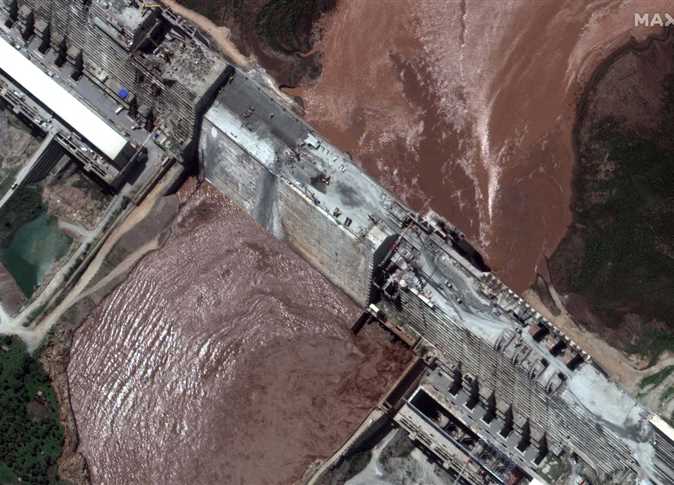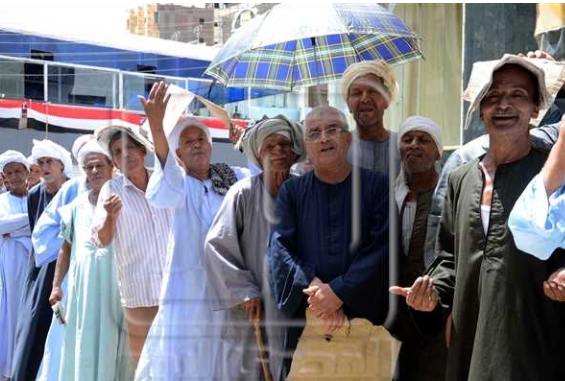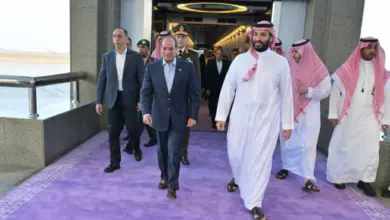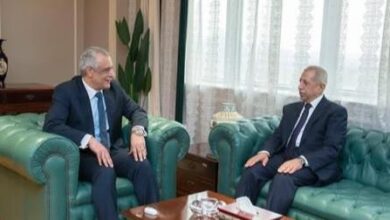
Egyptian Foreign Minister Badr Abdelatty stressed that water security is a vital existential issue for Egypt, emphasizing that there will be no compromise on this matter, RT reported on Sunday.
He assured that this issue is receiving great attention from the political leadership and Egyptian state institution, with full coordination in place.
A supreme committee for Nile water, headed by the Egyptian Prime Minister, is responsible for managing this critical issue, Abdelatty noted, adding that the case is not the monopoly of any particular institution, but instead falls under the overall responsibility of all state agencies.
Efforts are being made to convey to the world at large Ethiopia’s unacceptable lack of respect towards international law, he emphasized.
He stressed that Egypt has exhausted all negotiation efforts after more than 11 years to no avail, and that Cairo “reserves the right to defend its water interests in the event of any harm.”
This issue has been raised at all meetings as Egypt’s primary concern, he said, and African leaders are becoming more aware of Egypt’s water concerns.
Water security is one of the most vital issues for Egypt, as its economy and population depend primarily on the Nile River, which provides approximately 97 percent of the country’s water resources.
The Grand Ethiopian Renaissance Dam (GERD), which Addis Ababa began building in 2011, is a focal point of water tensions in the region.
The filling and operation of the dam without a binding agreement raises Egypt’s concerns about a shortage of its water share, estimated at approximately 55.5 billion cubic meters annually under historic agreements.
For more than a decade, tripartite negotiations have been held between Egypt, Sudan, and Ethiopia to reach an agreement on the management of the dam. However, these talks have faced Ethiopia’s intransigence, according to official Egyptian statements.
Addis Ababa refuses to sign a binding agreement that guarantees water shares for downstream countries.
Egypt is adopting an active diplomatic approach to internationalize the issue, raising it in international forums, such as the African Union and the UN Security Council, to highlight the dam’s risks to its water security.




